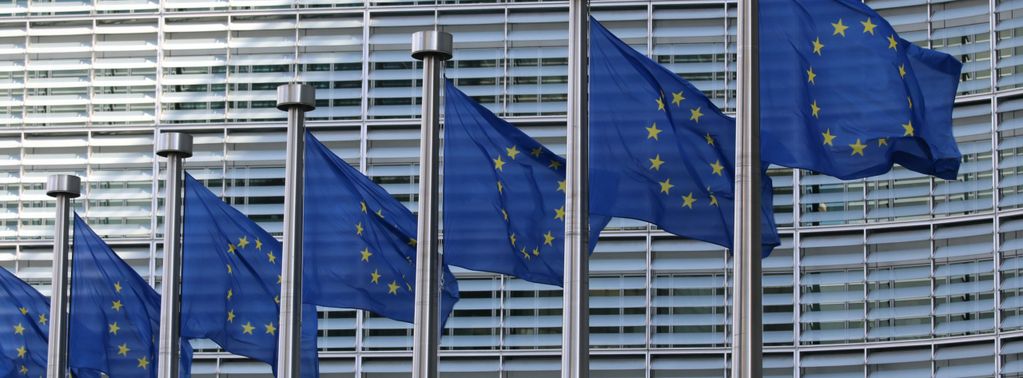
UITP Position Paper on CO2 standards for heavy-duty vehicles
By moving people efficiently, public transport can significantly cut emissions from the transport sector in addition to improving road safety, congestion, air pollution and quality of urban life. The proposed CO2 standards will improve availability of zero-emission vehicles. To reach the European climate targets, every mode – including public transport – needs to contribute by reducing emissions wherever possible. UITP and its members have been at the forefront of clean bus deployment and the current uptake of zero-emission buses is promising.
As the International Association of Public Transport, UITP represents more than 500 public transport companies and authorities across Europe. Our sector’s key messages are:
- The 2030 zero-emissions target for urban buses strongly affects public transport. Its feasibility not only hinges on manufacturers, but also on whether the public transport sector is able to only procure these vehicles from 2030 onwards. UITP is concerned that the timeline may not be feasible for the entirety of the sector.
- The definition of an urban bus should be adjusted. In line with the Clean Vehicles Directive, the target for urban buses should concern only class I buses and not class II buses with low-entry, which are also used on regional and interurban routes.
- Accelerating the transition to green public transport requires public support. Policy makers should create enabling conditions for public transport operators and authorities to facilitate the transition to zero-emission buses. This includes sufficient funding for buses and their charging and refuelling infrastructure, including depots.
- A negative impact on public transport and modal shift needs to be avoided. This policy, which is aimed at decarbonising the transport sector, should not lead to a reduction in the public transport offer due to financial constraints.
- The timelines of Euro 7 and the HDV CO2 Standards should be aligned. Several manufacturers have already announced they will not invest in Euro 7 for the class I segment, resulting in a de-facto zero-emission mandate already in 2027.
Contact
UITP

Lucie PETERSEN
Senior European Policy Expert Bus/Road transport, Energy and Fuels - Seconded by VDV[email protected]












